A company was reported for gender discrimination. The reason was that the recruitment notice said "no female recruits".
The boss called HR and scolded him: Why write it out, why not just call boys for interviews?
In the same way, a company is reported for age discrimination. The reason is that programmers over the age of 35 are not recruited.
The boss called HR to yell at him: Why do you write it out, why don’t you just call people under the age of 35 to come for an interview?
HR: So how to effectively dismiss employees over the age of 35?
Boss: Stupid! Just say that the working ability cannot meet the company's development needs, and now two-way choices are popular!
HR nodded and was about to leave, but the boss added: Remember not to open it all, and leave one or two old salted fish as the archway. Prove we don't age discrimination.

Regarding this issue, Ali Group CEO Zhang Yong's statement was circulated on the Internet a few days ago, and he also responded to the career choice of a 35-year-old programmer.
Zhang Yong said, my answer is that since I have no opinion on the 35-year-old employee, we will not pull a lever and label him. What do you think of students who are determined to write codes, aspire to do technical work, and do front-line technical work after the age of 35? I say that I encourage, support, appreciate, and admire 120% to create conditions for you.
Zhang Yong claimed that what worries me most now is not that employees over 35 years old write code, but that employees over 35 years old do not write code. In our technical team, there should be fewer pure managers.
But many young people don’t understand that the word “management” is exclusive. A company may need many technicians, but it only needs one manager. If you did it, he didn’t, and if he did it, you didn’t. Your predecessors did it without moving None of you.
Pinning your hopes on transferring to management also means asking yourself a question: Who do you want to depend on? To put it bluntly, choosing to be a manager means choosing which system, which company, and which boss to stick to?
If you are lucky enough to enter a high-growth industry, management positions may continue to increase, which can accommodate veterans. However, if it is a low-growth or stop-growth industry, management positions are firmly occupied by the elderly, and young people are old. There will be no chance, that's the reality. After taking "management" as an adult life goal,
The most important thing is to choose, to assess the situation, how to choose the system you want to attach to, choose the company, choose the boss, choose the department, and sometimes even have to be double-sided like Julien. This is much more difficult than purely studying technology, and there are uncertainties. It is very large, and in many companies, there are even situations where young talents are liquidating the entire faction because of standing in line or the downfall of background leaders, completely ruining the future. This is not your fault, and these are beyond your control.
Sometimes people can ride the wind, sometimes people will be torn apart by the storm, and time is fate.
Similar people in different organizations, or even in different positions in the same organization, have very different fates.
This is why even if Kong Ming is so talented, he has to wait for a master like Liu Bei to come out of the mountain until he is nearly 30 years old.
If you are a development engineer who relies on technology to make a living, please maintain the ability to continue to gain benefits from technology. This is the only thing you can control yourself. Just like any violinist who enters the orchestra, the goal is to be the chief instead of me. To do band management. So continuous learning and accumulating new knowledge may be the only way out.
Next, I want to share some of my generalizations and conclusions about technology over the years, and share my notes on the skills that a senior Java developer needs to master. I hope to help friends who are determined to go all the way on the road of technology. !
The following will introduce the knowledge points covered by the main content of this Java growth note. Due to the length of the article, only the screenshot content is shown.
If you need the full version of the PDF document, click here to get it for free.
Part1: 0-1 year entry
-
Java basic review (object-oriented + Java super class + Java reflection mechanism + exception handling + collection + generic + basic IO operation + multithreading + network programming + new features of JDK)
-
A Preliminary Study on Web Programming (Servlet+MySQL Database+Commodity Management System Actual Combat)
-
SSM from entry to proficiency (Spring+SpringMVC+Mybatis+commodity management system combat-SSM version)
-
Quick Start with SpringBoot (SpringBoot+Commodity Management System Based on SpringBoot)
1. Java basic review
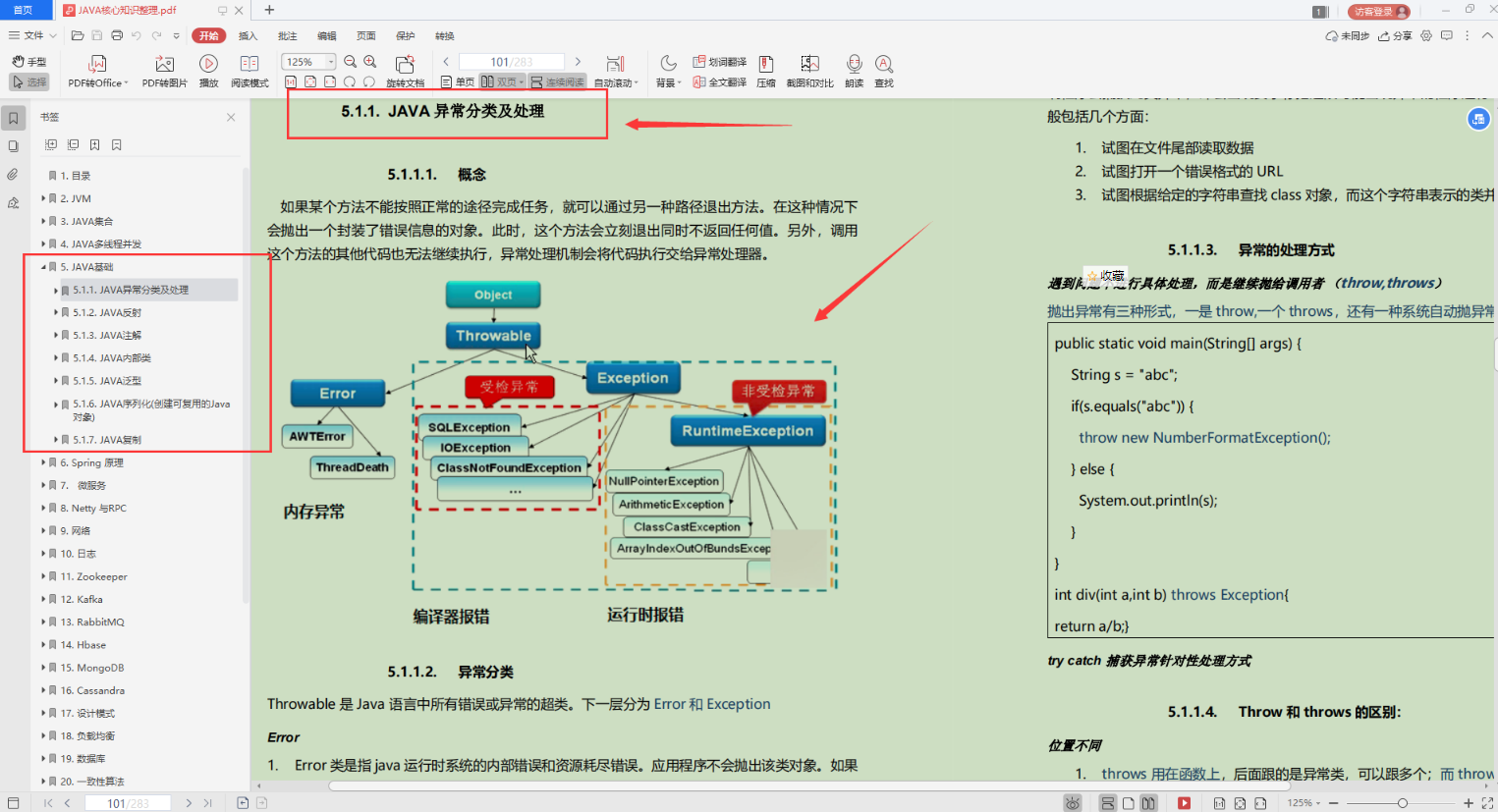
2. Preliminary Study on Web Programming
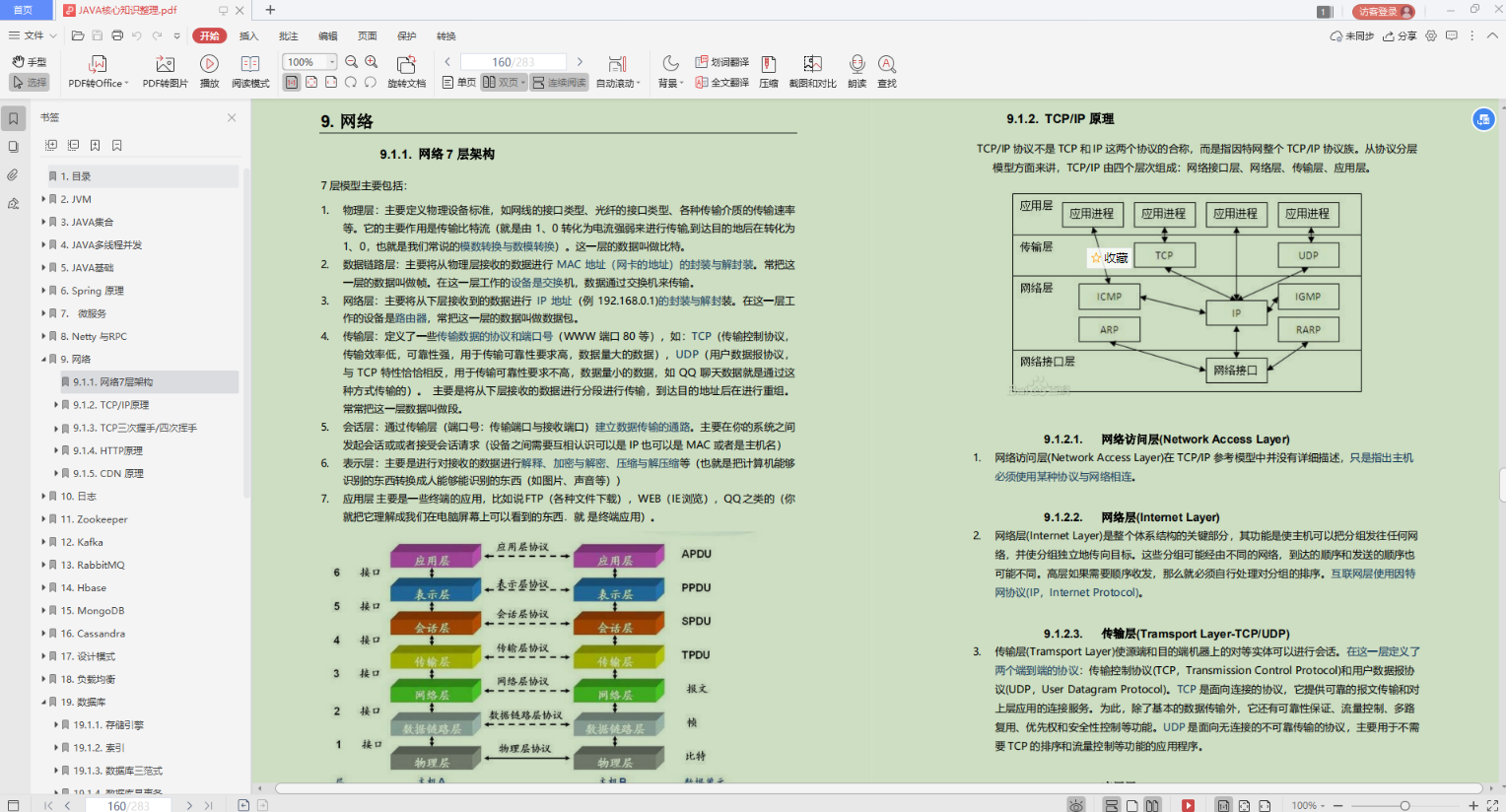
3. SSM from entry to proficiency
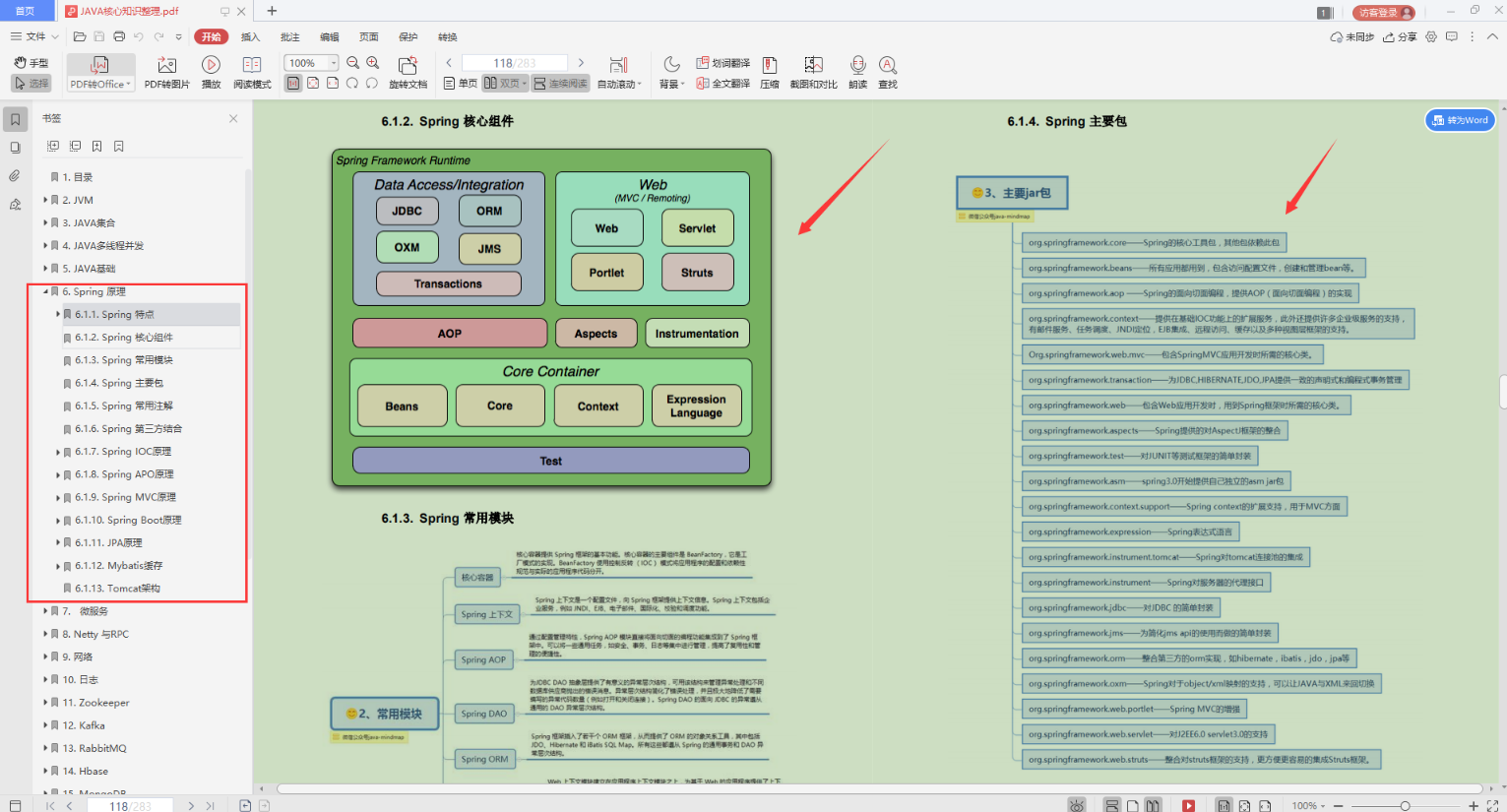
4. Quick Start with SpringBoot
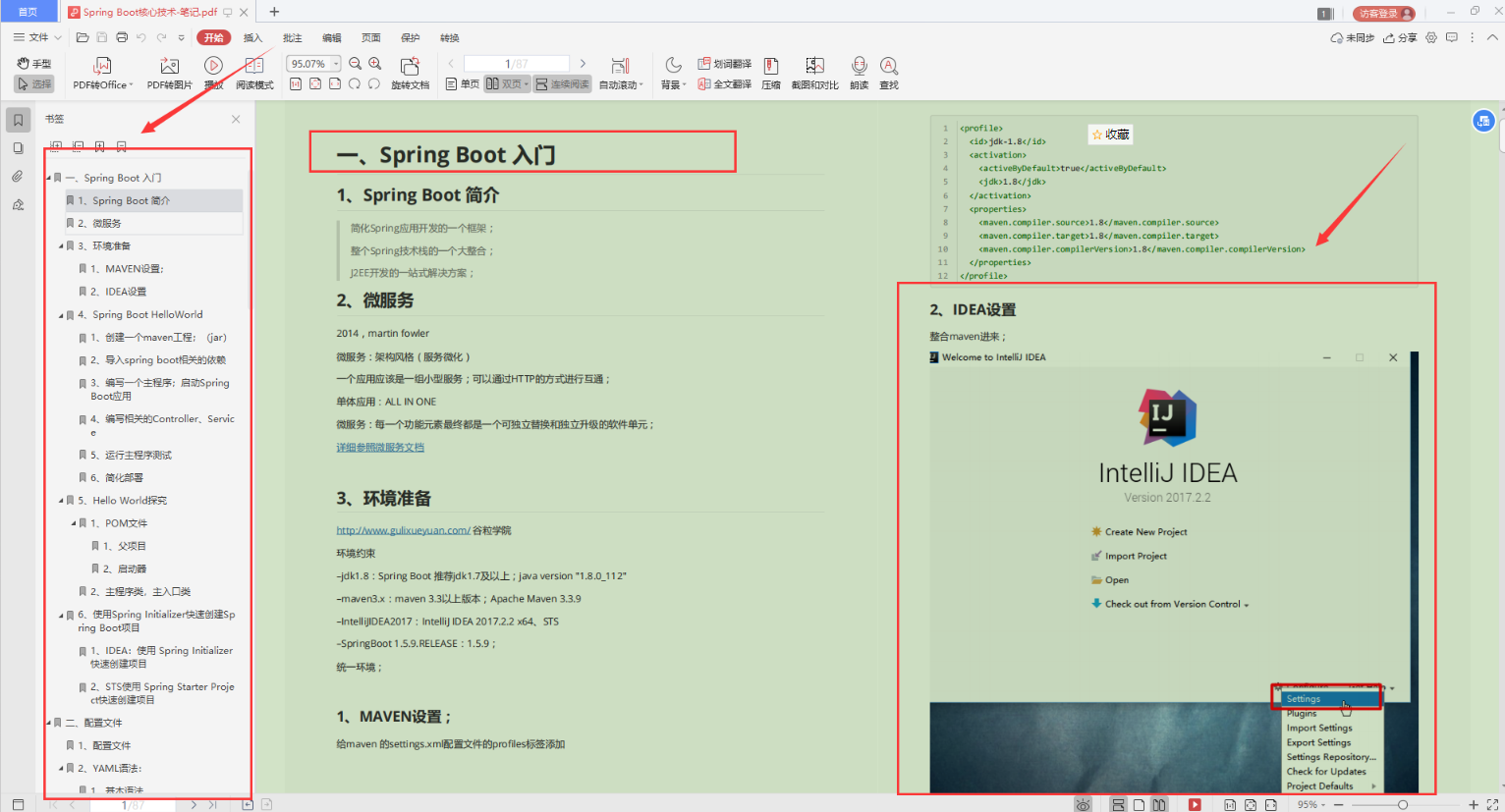
Part2: 1-3 years senior engineer
-
Advanced concurrent programming (combat of concurrent tools + CAS + display lock analysis + internal mechanism of thread pool + performance optimization)
-
In-depth analysis of JVM (understanding runtime data area + interpretation of off-heap memory + JDK + troubleshooting of memory leaks + Arthas + GC algorithm and garbage collector + class loading mechanism, etc.)
-
Advanced MySQL
-
Go deep into the bottom layer of Tomcat (threading model + performance tuning)
1. Advanced concurrent programming
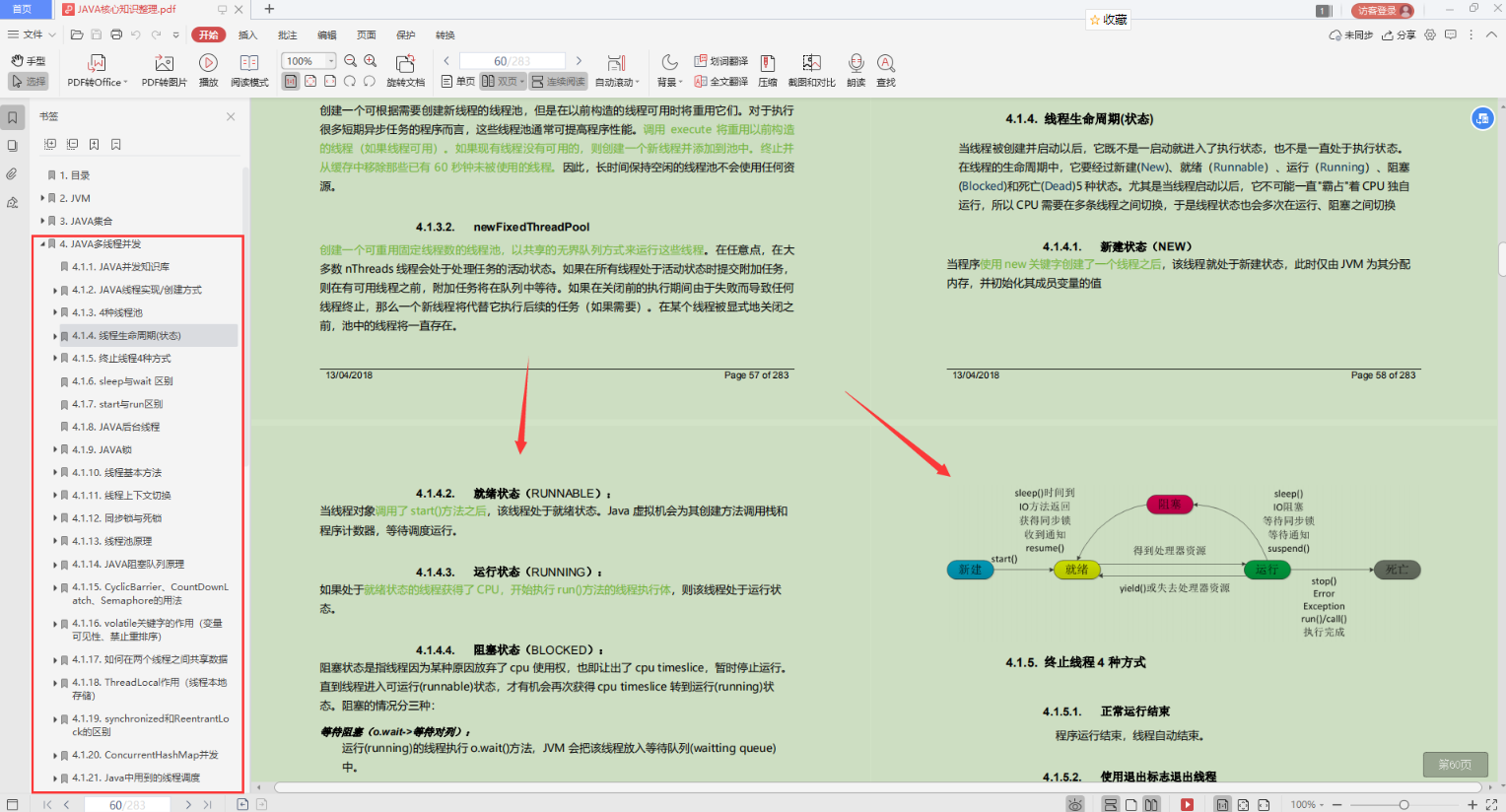
2. JVM depth analysis
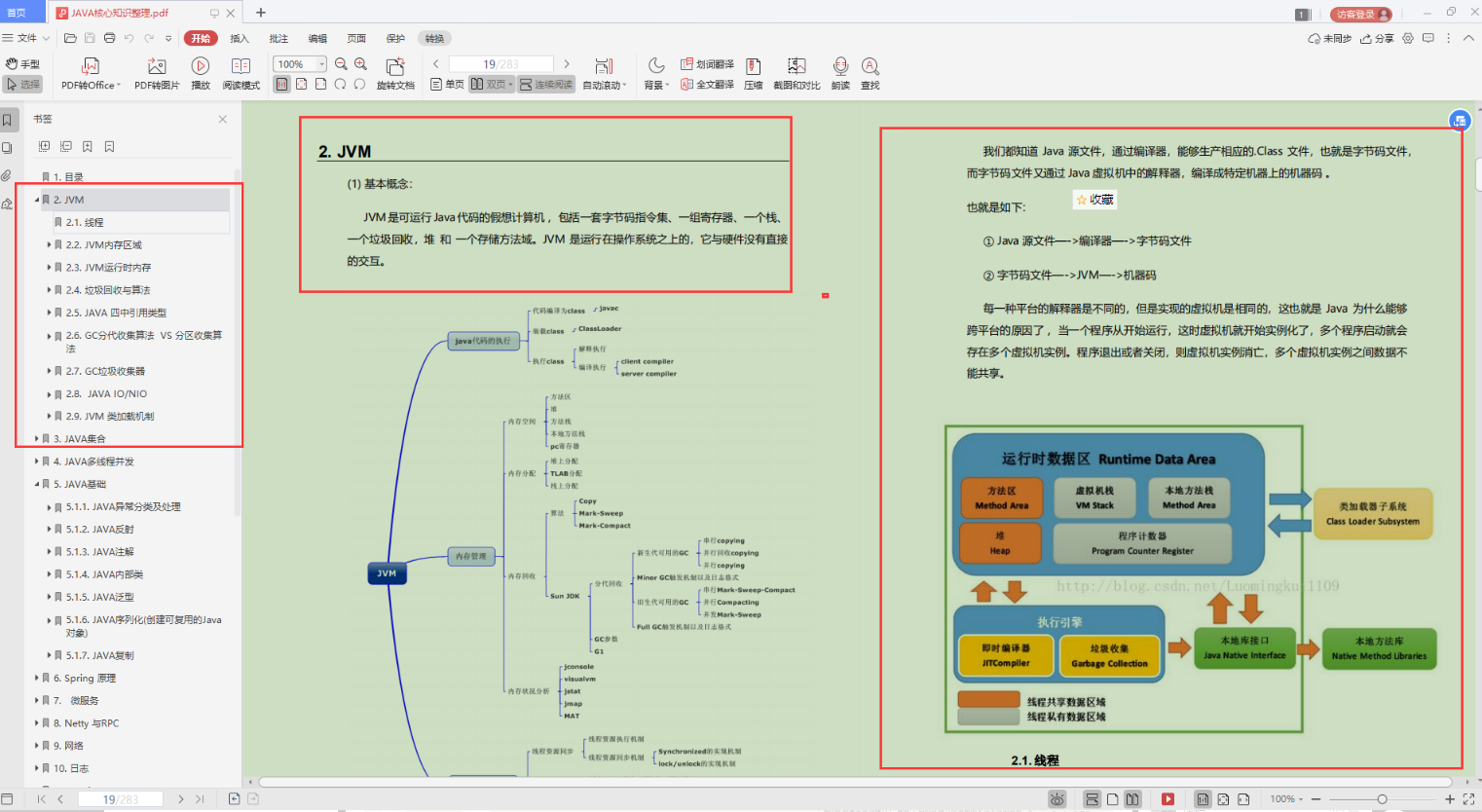
3. MySQL in-depth advanced
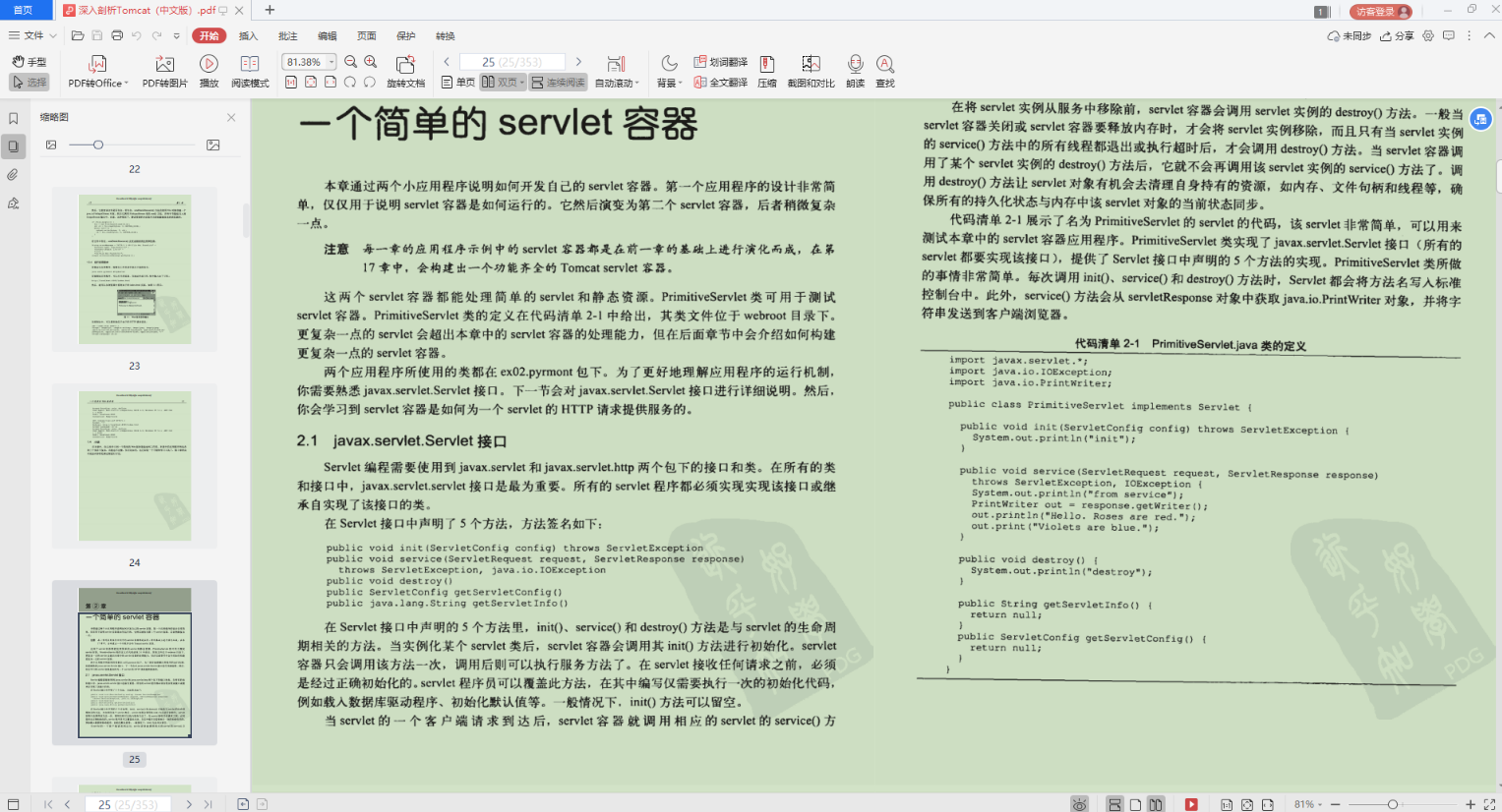
4. Go deep into the bottom layer of Tomcat
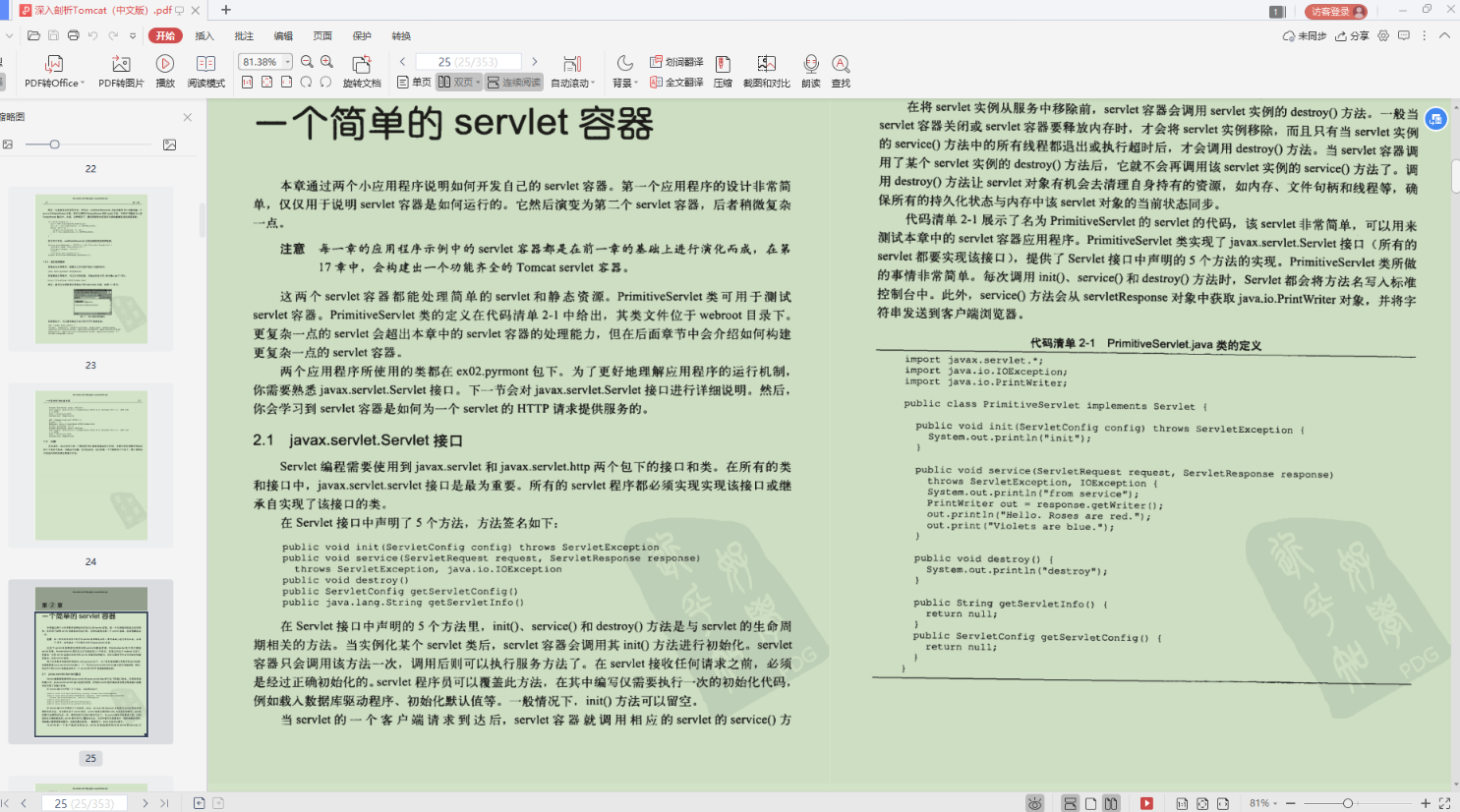
Part3: 3-5 years senior
-
Database (tuning + transaction + lock + cluster + master-slave + cache, etc.)
-
Linux (command + production environment + log, etc.)
-
Middleware & distributed (dubbo+MQ/kafka, ElasticSearch, SpringCloud and other components)
1. Database
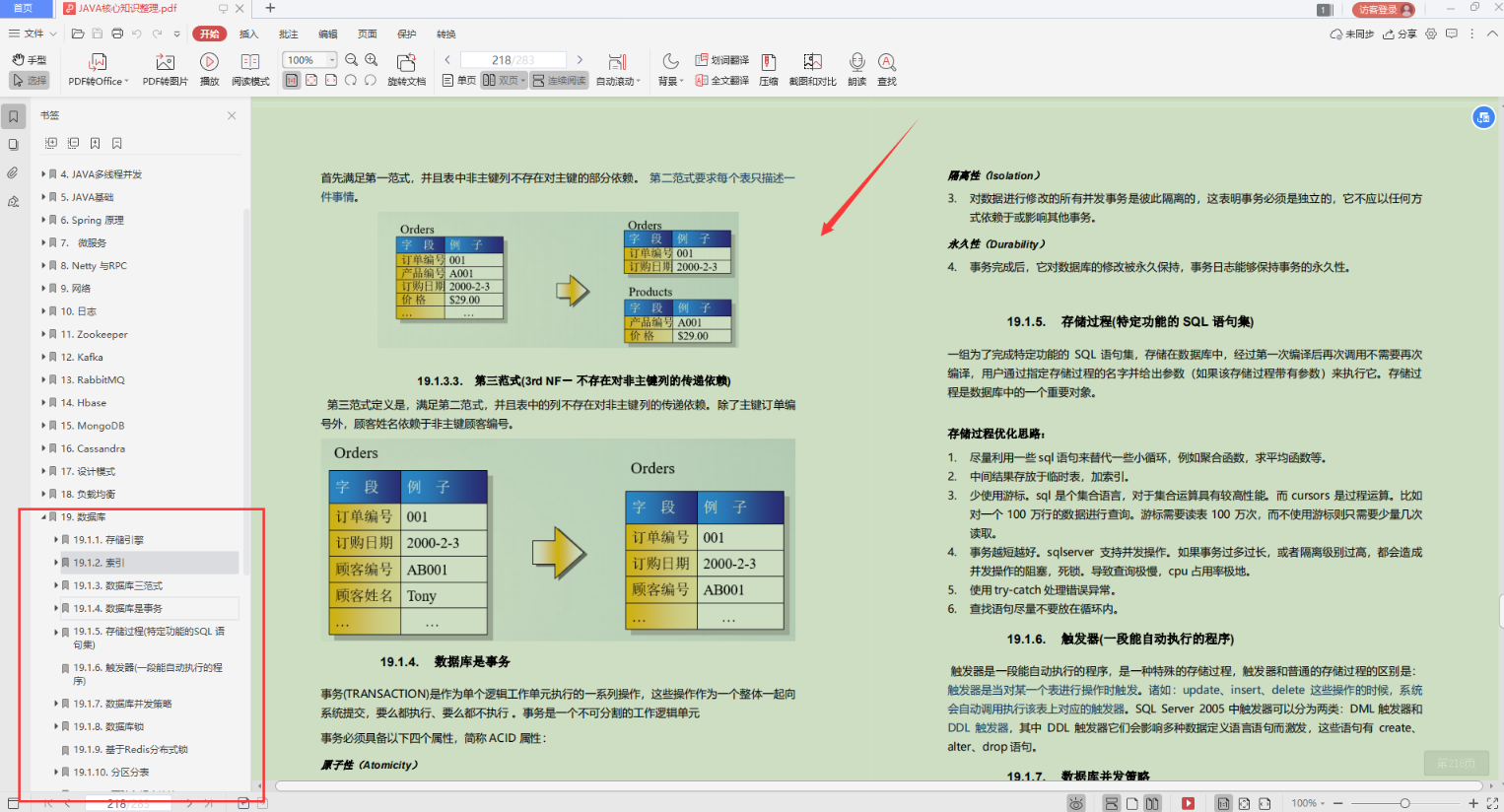
2.Linux
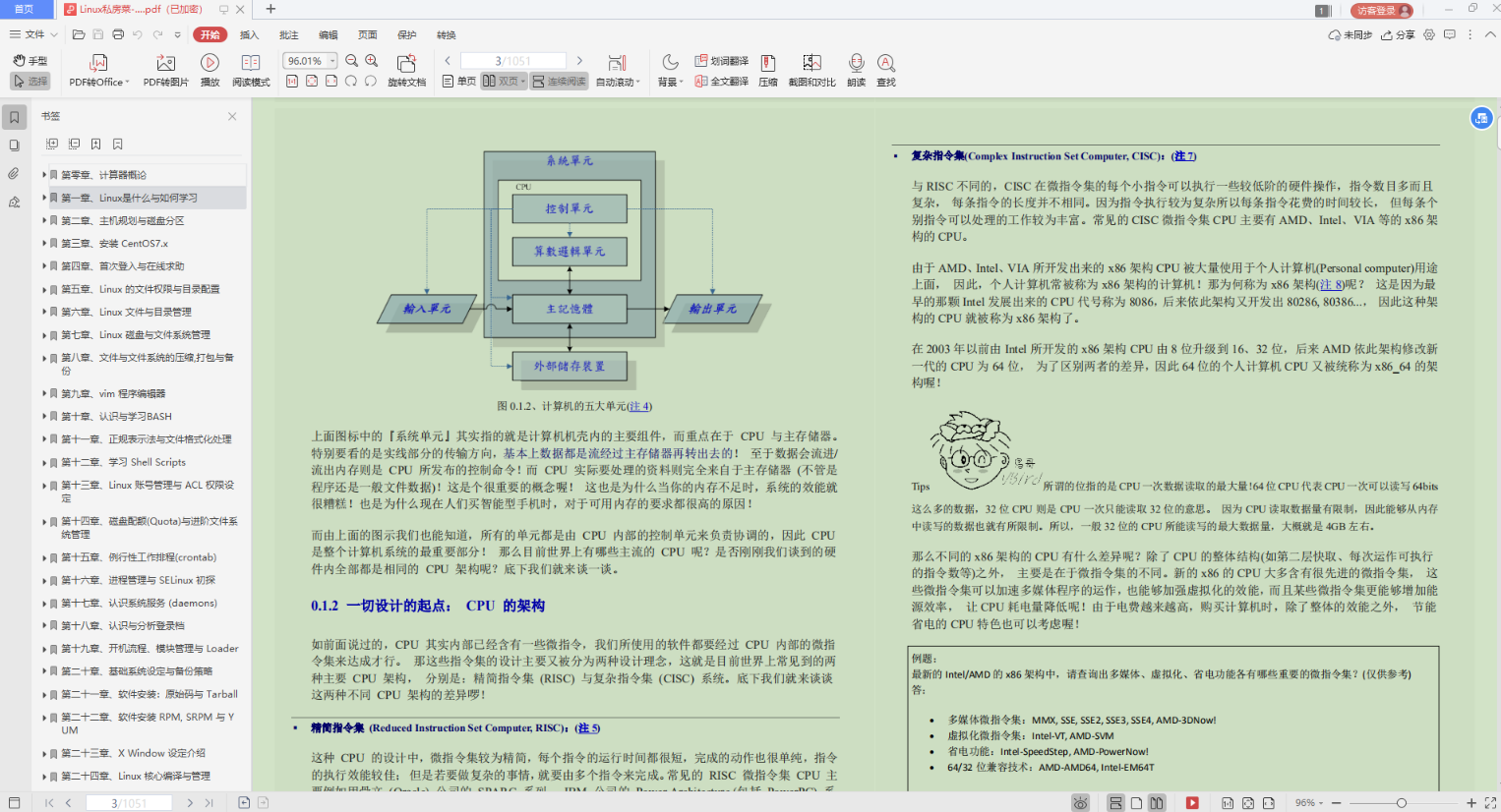
3. Middleware & Distributed
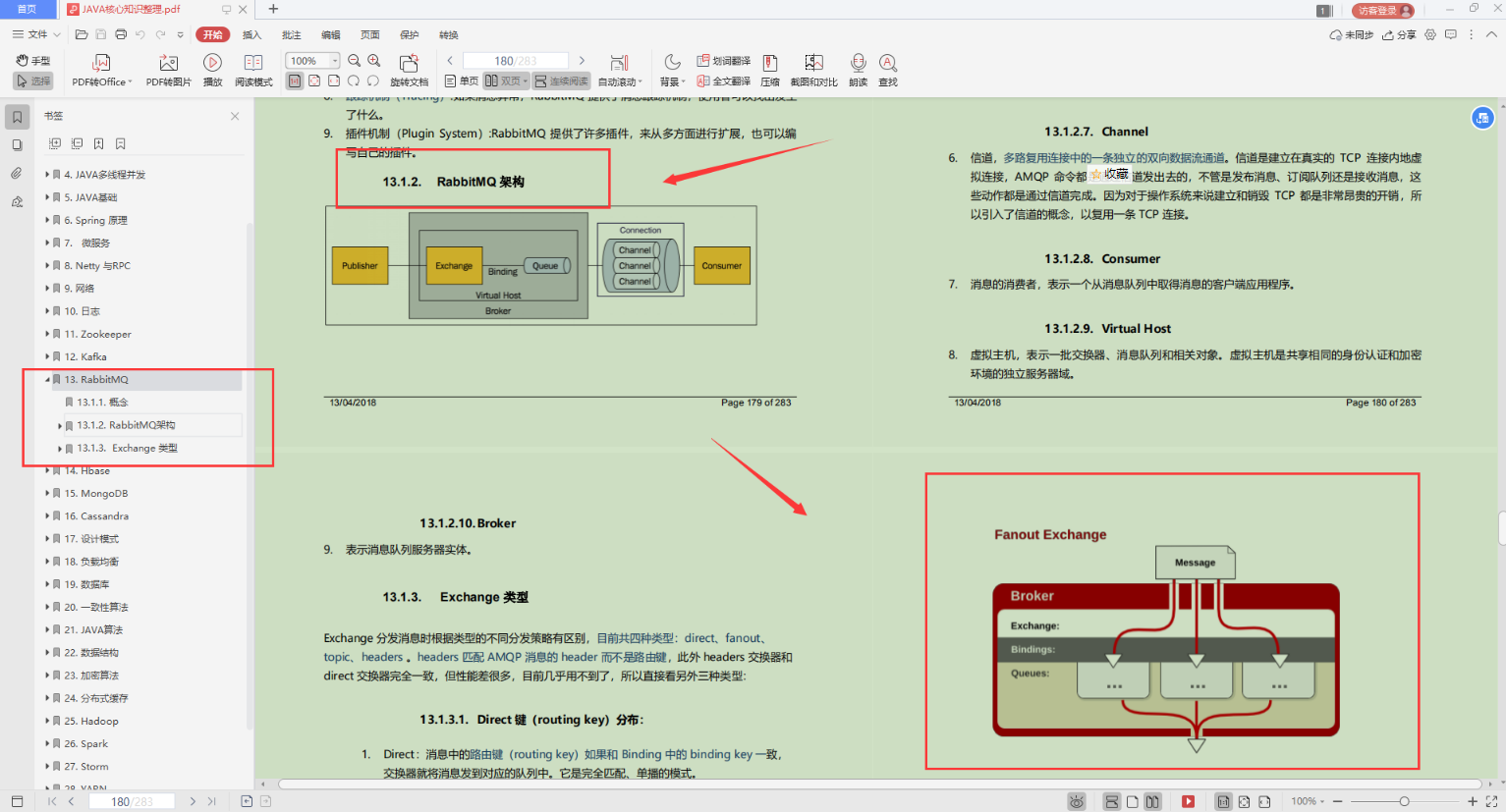
Part4: 5-7 years structure
-
Open source framework (Spring5 source code + SpringMVC source code + Mybatis source code)
-
Distributed architecture (Zk actual combat + RabbitMQ+RocketMQ+Kafka)
-
Efficient storage (Redis+mongoDB+MySQL high availability+Mycat+Sharing-Sphere)
-
Microservice architecture (RPC+SpringBoot+SpringCloud Netflix+SpringCloud Alibaba+docker+k8s)
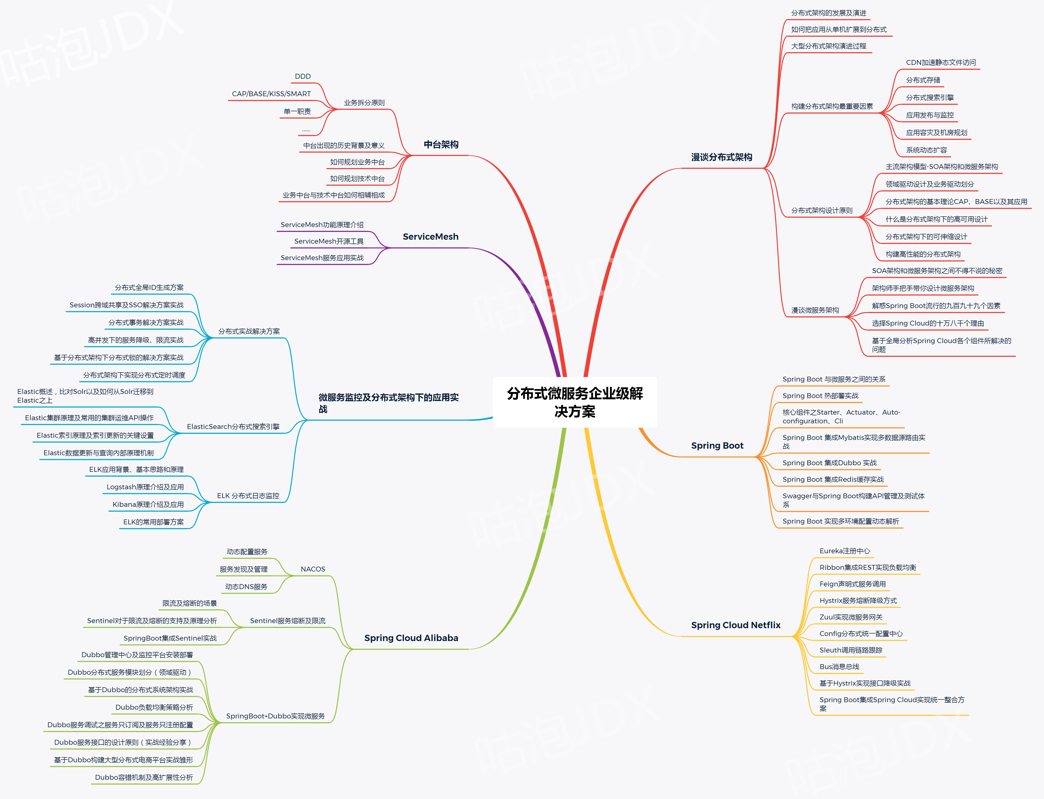
Summarize
Although I often laugh at myself, I want to become a delivery specialist in ten years, but in fact, relying on my own efforts, I can reduce the anxiety after the age of thirty-five. After all, there are not many good architects.
Architect is the career goal of most of our technicians. A good architect is the result of the collaboration of opportunity (company), personal effort (hard work, willingness to study), and talent (true love). , practice + opportunity + hard work can help you become an excellent architect.
If you also want to be a good architect, then maybe you need to read the above Java growth notes, hoping to help your career development.